Why does so much management advice sound reasonable but turn out to be of little value? Most readers will know what I mean. Take the following guidance on how companies can ‘accelerate their agile transformation’:[…]
Continue reading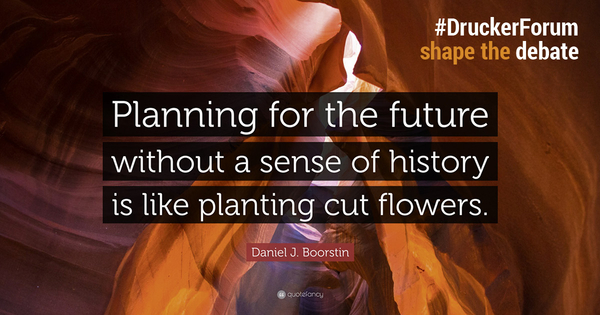

Why does so much management advice sound reasonable but turn out to be of little value? Most readers will know what I mean. Take the following guidance on how companies can ‘accelerate their agile transformation’:[…]
Continue reading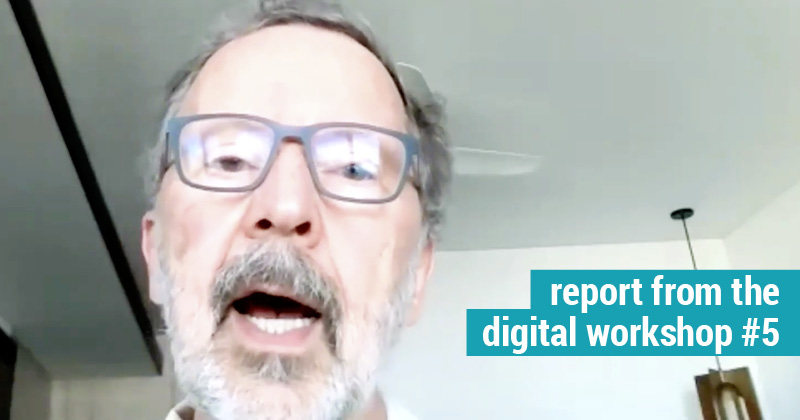
Acknowledging the pandemic and its exponential features, he then told the story of Hungarian biochemist, Dr. Katalina Kariko and her 30 year-long quest to make RNA molecules in the laboratory and get mRNA into the cells of the body. Her work would form the basis for the successful mRNA vaccines that have been so instrumental in slowing the spread of COVID-19. Drucker would have called her a “monomaniac on a mission”.[…]
Continue reading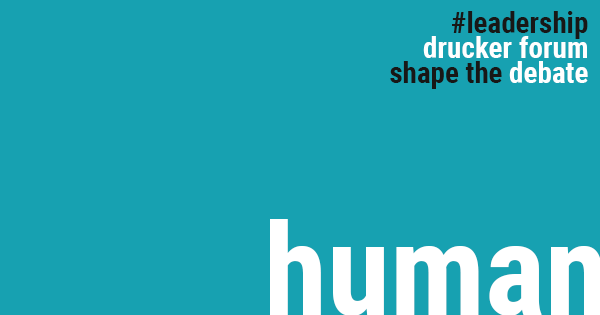
Steven Spielberg’s 1975 movie, Jaws, tells the story of a seaside town whose shores are terrorized by a killer shark.[…]
Continue reading
The rats gave the first clue: they staggered onto the streets, emitted a drop of blood from their noses and died in droves. As their bodies piled up, newspapers agitated, and citizens complained – why was the sanitation department not removing them? The rodents were collected and cremated and the citizens returned to their preoccupation with working hard and getting rich.[…]
Continue reading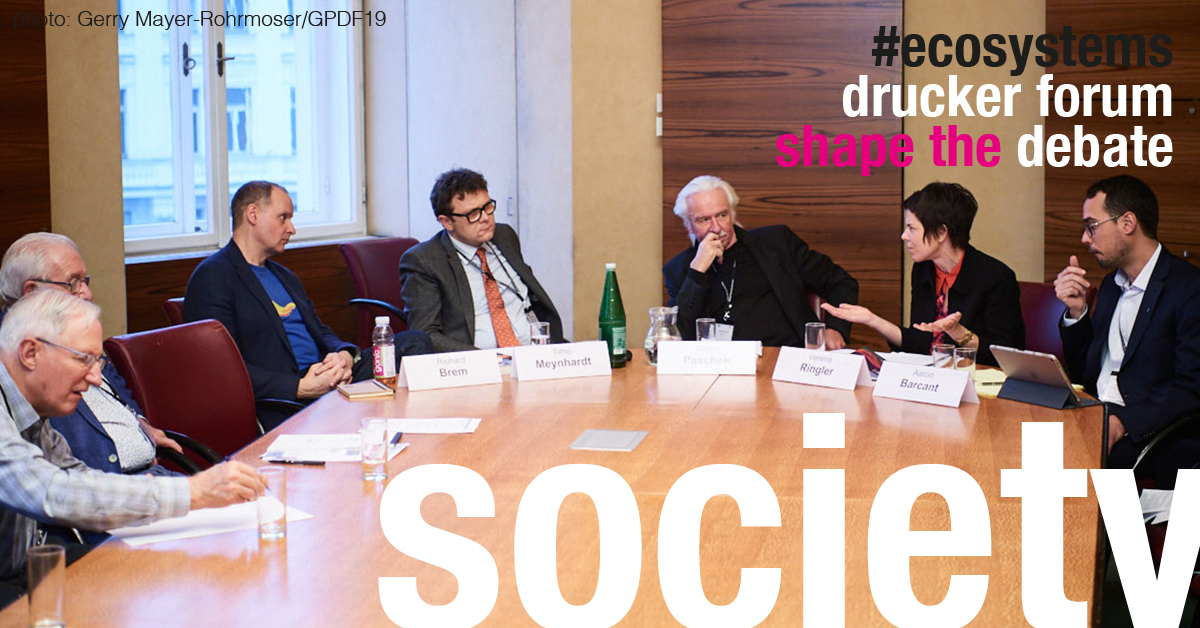
Panelists: Chair: Richard Brem, Senior Advisor, Peter Drucker Society of Europe, Peter Paschek, Management Consultant, Timo Meynhardt, Professor for Business Psychology and Leadership, HHL Leipzig Graduate School of Management, Verena Ringler, Curator, Erste Foundation Aaron Barcant, Independent Researcher, Karl Polanyi Institute of Political Economy The round table began with Richard Brem introducing the panelists and each of them summarizing why Peter Drucker’s work and vision mattered to them. Drucker’s vision Drucker always argued that one’s worldview mattered to one’s understanding of one’s role and contribution in society and one’s ability to manage oneself and others. American philosopher Thomas Sowell, describes a vision as a ‘pre-analytic, cognitive act’ that helps simplify an overwhelmingly complex reality. Think […]
Continue reading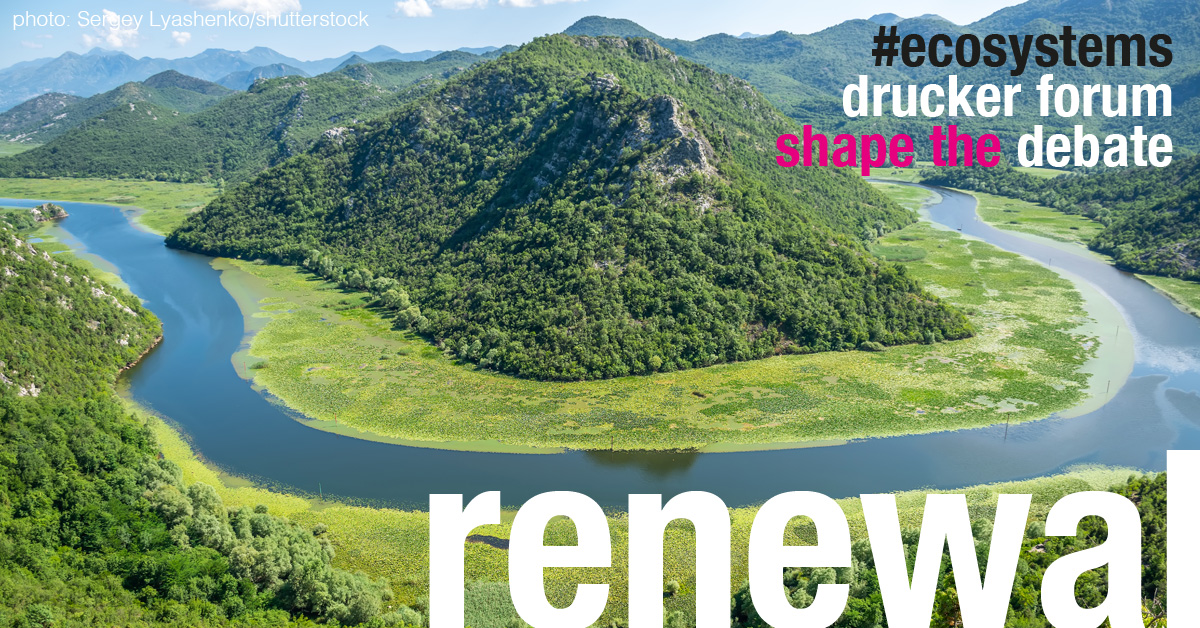
The respected management scholar, Donald Schön, began his 1987 book, The Education of the Reflective Practitioner, as follows: “In the
Continue reading“Warm hearts allied with cool heads seek a middle way between the extremes of abstract theory and personal impulse” Stephen
Continue reading‘The arts of life…turn out to possess their own special methods and techniques…Bad judgement here consists not in failing to
Continue reading